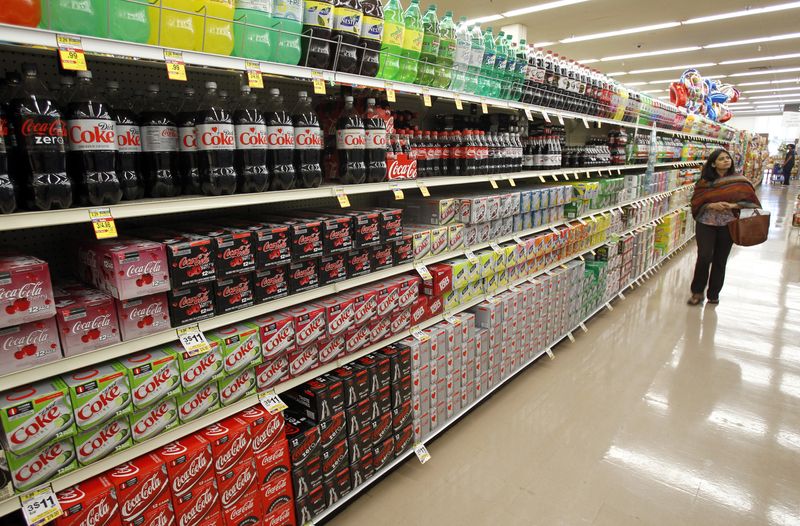WASHINGTON (Reuters) - U.S. import prices rebounded more than expected in July amid higher costs for petroleum products and food, but underlying imported inflation pressures remained muted.
Import prices increased 0.4% last month, the Labor Department said on Tuesday. Data for June was revised to show prices falling 0.1% instead of the previously reported 0.2%. Economists polled by Reuters had forecast import prices, which exclude tariffs, rising 0.2%.
In the 12 months through July, import prices dropped 4.4% after declining 6.1% in June. Annual import prices have now decreased for six straight months. The government reported last week that consumer and producer prices rose moderately in July.
The Federal Reserve has since March 2022 raised its benchmark overnight interest rate by 525 basis points to the current 5.25%-5.50% range.
Fuel prices increased 3.6% last month while food prices accelerated 2.5%. Excluding fuels and food, import prices fell 0.2%. These so-called core import prices dropped 0.3% in June.
Core import prices decreased 1.1% on a year-on-year basis in July. They have remained subdued even as the dollar has weakened against the currencies of the United States' main trade partners this year.
Prices for imported capital goods edged up 0.1% in July. The cost of imported consumer goods excluding motor vehicles fell 0.1%, declining for a second straight month. Imported motor vehicle prices rebounded 0.3%.
Prices of imported goods from China dropped 0.2%. They have not recorded a monthly increase since October 2022. Chinese import prices were down 2.3% on a year-on-year basis in July, the largest 12-month drop since November 2009.
The report also showed export prices increased 0.7% in July, reversing the prior month's 0.7% decline. Prices for agricultural exports rebounded 0.9% after decreasing in June and May. Higher prices for soybeans, meat and wheat in July more
than offset lower prices for corn, fruit and nuts.

Nonagricultural export prices climbed 0.6%. There were increases in prices for industrial supplies and materials, capital goods and automotive vehicles, which more than offset lower prices for consumer goods and nonagricultural foods.
Export prices fell 7.9% on a year-on-year basis in July after plunging 11.9% in June.